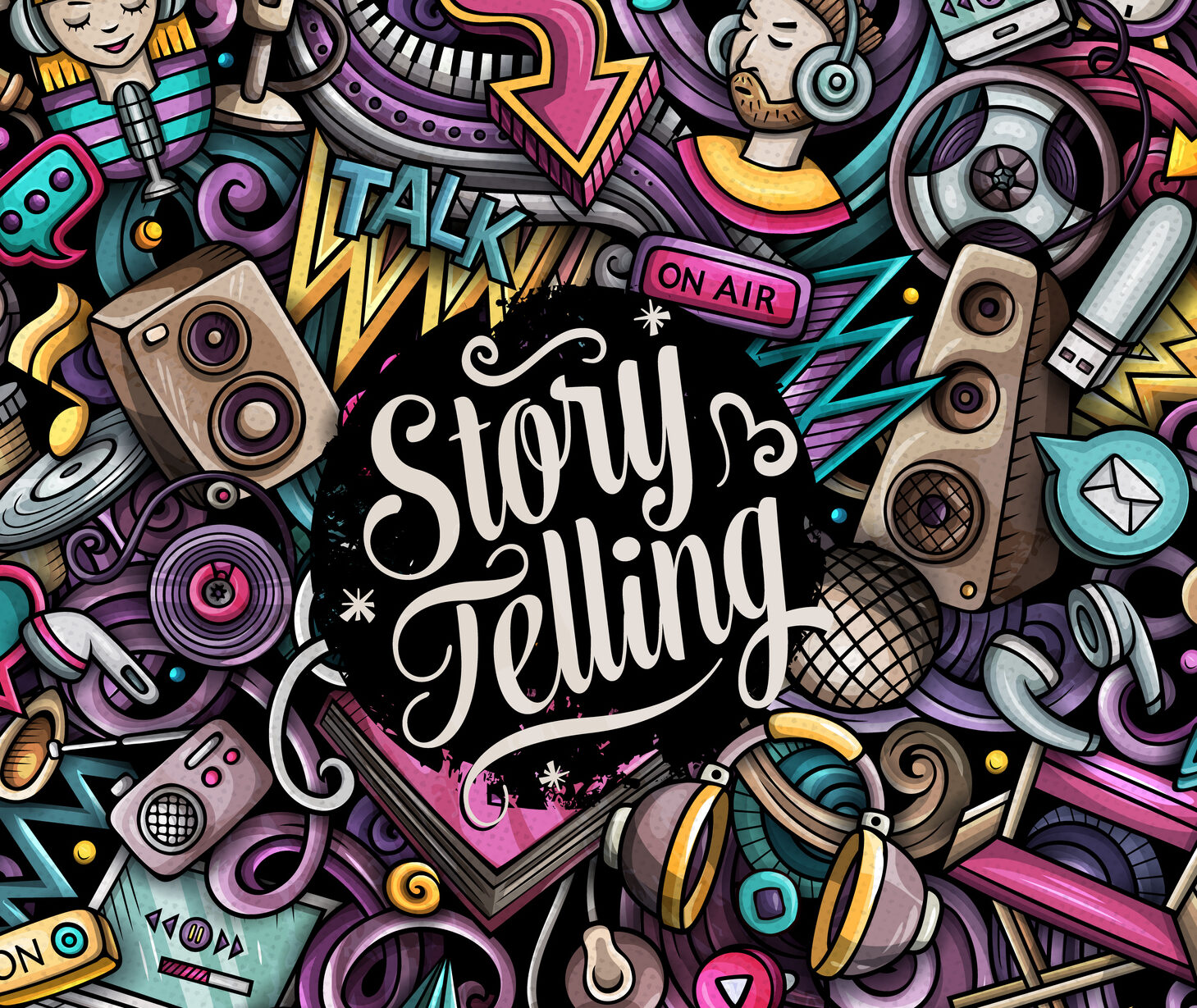
In the age of unprecedented technological advancements, artificial intelligence (AI) has emerged as a revolutionary force reshaping various aspects of our lives. One arena where AI’s transformative influence is becoming increasingly evident is the realm of storytelling. As humanity’s oldest form of communication, storytelling has evolved from cave paintings to digital narratives. Now, with the integration of AI, the art of storytelling is undergoing another profound metamorphosis, unlocking new dimensions of creativity and interactivity.
AI as a Collaborator: Enhancing Creativity
Traditionally, storytelling was a human endeavor that relied on imagination, culture, and experiences. AI, however, has introduced a new dimension by acting as a collaborator that augments human creativity. For instance, tools like ChatGPT are now used by writers and creators to generate ideas, overcome writer’s block, and even draft entire sections of content. Writers can input prompts or ideas, and the AI responds with a flow of words, often suggesting unique perspectives and plot twists that the human mind might not have immediately conceived.
Personalized Narratives: Tailoring the Experience
One of AI’s most remarkable contributions to storytelling lies in its ability to craft personalized narratives. With the help of data analytics and machine learning, AI can analyze a user’s preferences, behavior, and interactions to tailor stories specifically to an individual’s tastes. Netflix’s recommendation system is a primer example, analyzing viewers ‘viewing habits to suggest content that aligns with their preferences. This level of personalization not only enhances the entertainment experience but also immerses audiences deeper into the story.
Interactive Storytelling: Choose Your Adventure
AI’s impact on storytelling goes beyond static narratives; it has given birth to interactive storytelling experiences reminiscent of the “Choose Your Adventure” books. Video games have embraced this concept for years, but AI has taken it to new heights. Take, for instance, the AI-driven game “AI Dungeon,” where players interact with an AI-generated narrative, inputting their choices and witnessing how the story unfolds in response. This level of engagement blurs the line between creator and audience, turning consumers into active participants in the storytelling process.
Preserving and Resurrecting Voices: Mary Shelley’s “AI Frankenstein”
AI’s capabilities extend beyond generating new stories; they can also recreate the voices of past storytellers. A particularly intriguing example of this is “AI Frankenstein,” a project initiated by researchers to complete Mary Shelley’s unfinished works using AI algorithms. By analyzing Shelley’s writing style, themes, and linguistic patterns, the AI generates text that aligns with her legacy, allowing readers to experience her narratives as if she had written them herself. This fusion of technology and literary history exemplifies how AI can preserve and extend the legacies of great storytellers.
AI as a Game-Changer: The Gaming Industry
The gaming industry stands as a vivid testament to AI’s ability to revolutionize storytelling. AI’s role in video game development has evolved beyond mere character movement and enemy behavior. Developers are now leveraging AI to create dynamic, responsive narratives that adapt to players’ choices. The critically acclaimed game “Detroit: Become Human” by Quantic Dream is a striking example. Set in a futuristic world where AI-powered androids gain sentience, the game’s branching narrative allows players to make decisions that profoundly influence the storyline. The AI engine tracks players’ choices and tailors subsequent scenes, accordingly, leading to a plethora of unique story permutations. This convergence of AI-driven storytelling and player agency offers an unprecedented level of engagement, where players are not just observers but active participants shaping the tale.
Reviving History: The Museum Industry Embraces AI
Beyond the virtual realms of gaming, AI is also making its mark in the physical world, particularly within the museum industry. Museums, custodians of our cultural heritage, are now turning to AI to craft immersive storytelling experiences for visitors. The Louvre Museum in Paris unveiled the “Mona Lisa: Beyond the Glass” exhibit, employing AI to bring the iconic painting to life. Visitors don AR headsets that employ AI to overlay historical contexts, layering insights about the artwork’s creation and the artist’s life. This melding of AI with art not only deepens visitors’ understanding but also bridges temporal gaps, transporting them to the Renaissance era. Such endeavors underscore AI’s capacity to transcend boundaries, merging past and present in ways that traditional storytelling methods couldn’t achieve.
Ethics and Horizons: Challenges and Potentials
As AI continues to shape the evolution of storytelling, ethical considerations loom large. Questions about data privacy, authorship, and the potential homogenization of narratives persist. However, the fusion of AI and storytelling is far from a zero-sum game. Instead of replacing human creativity, AI amplifies it, enabling creators to explore uncharted territories. Storytellers can focus on ideation and emotional resonance, leaving the mundane tasks to AI collaborators. The symbiotic relationship between AI and human storytellers holds the potential to unearth novel narrative forms, pushing the boundaries of storytelling beyond what was once imaginable.
The Road Ahead: From Co-creators to Boundless Frontiers
AI’s role in the evolution of storytelling is far from reaching its zenith. Collaborative tools like ChatGPT are enabling writers to brainstorm, AI-generated narratives are captivating readers, and interactive storytelling in gaming is continually evolving. The synergy between human ingenuity and AI’s computational prowess is birthing a future where narratives transcend linear paths. As the gaming and museum industries exemplify, AI’s ability to adapt, respond, and personalize narratives signals a creative frontier unbound by conventions.
The AI-powered renaissance of storytelling is upon us. From shaping the destinies of virtual characters to revitalizing masterpieces in museums, AI’s imprint is irrefutably etched into the fabric of narratives. By embracing AI as a co-creator rather than a competitor, we stand to unleash stories that resonate, challenge, and unite audiences in ways previously unimagined. As we stand on this precipice, the horizon of storytelling gleams with infinite possibilities, awaiting the visionary storytellers who will illuminate it.